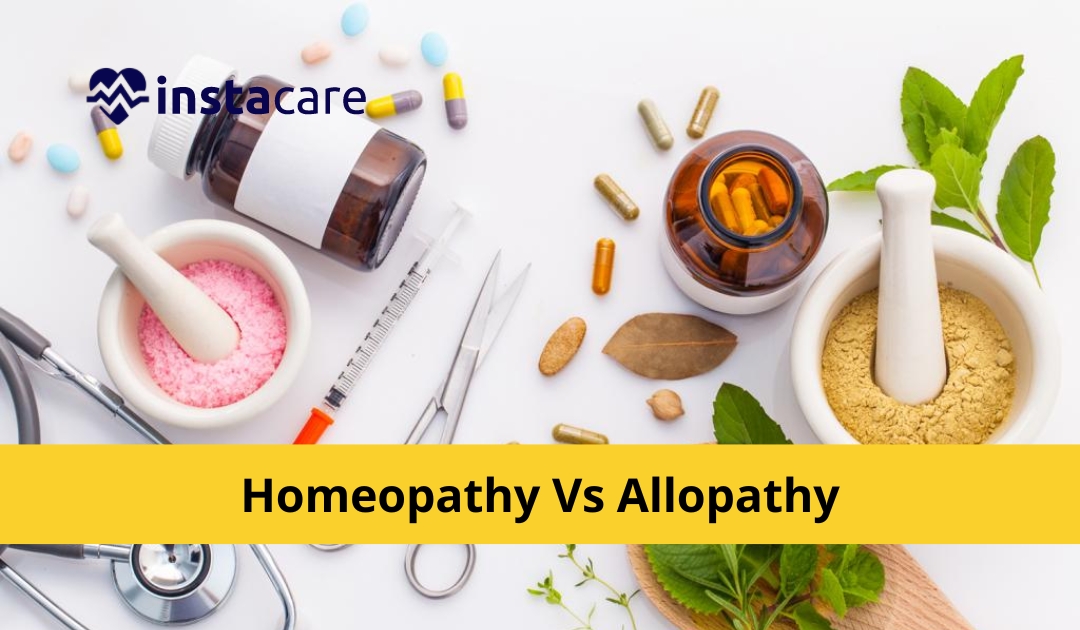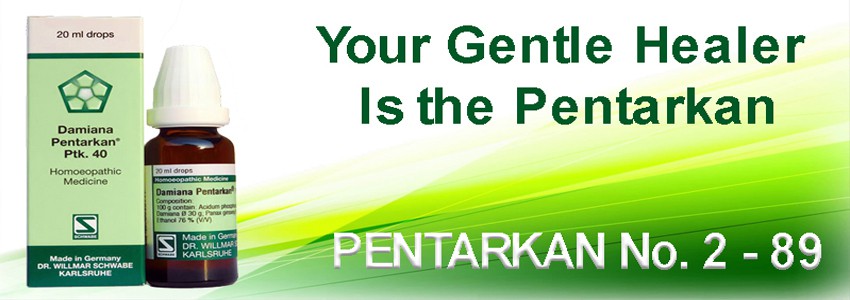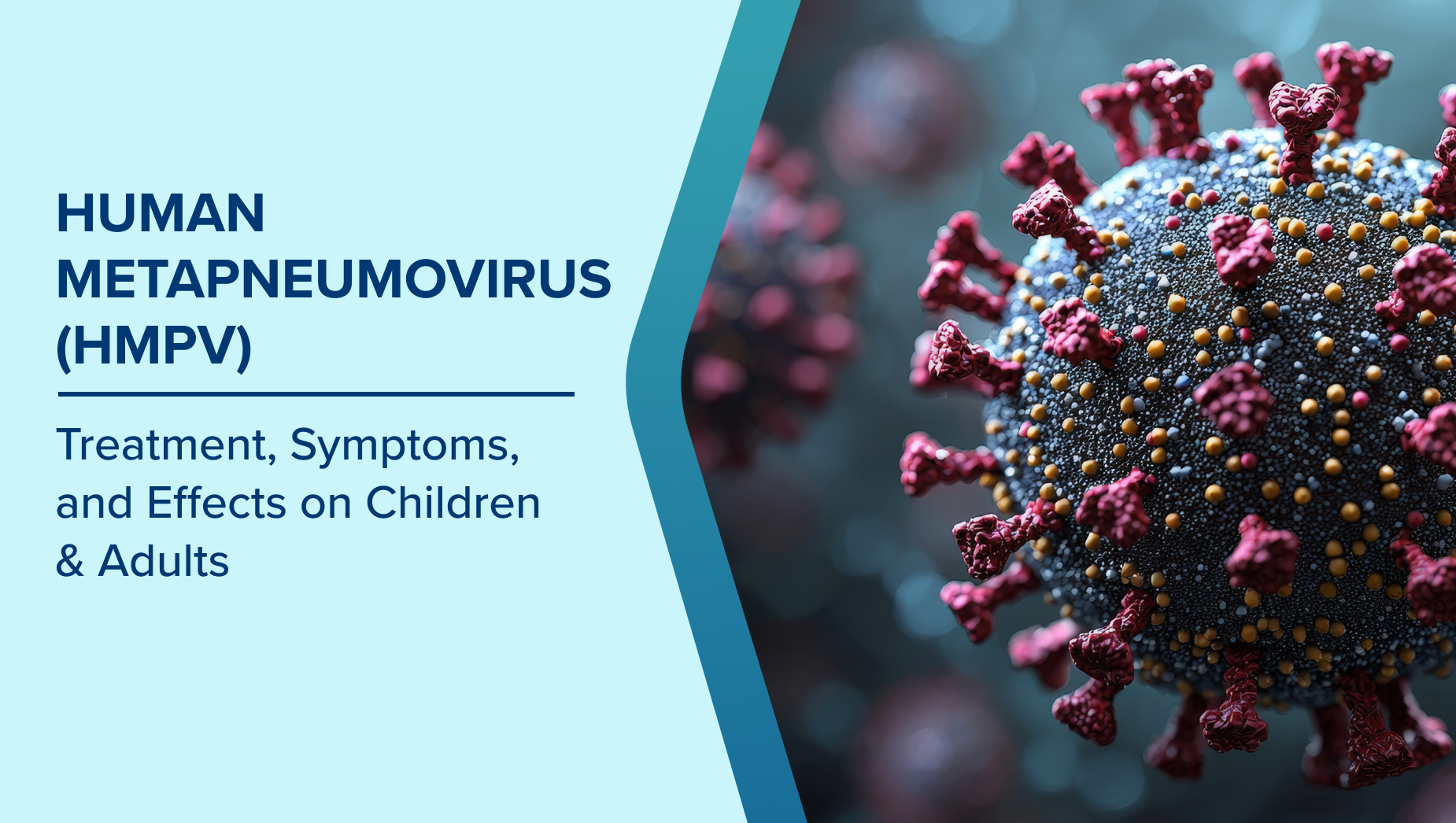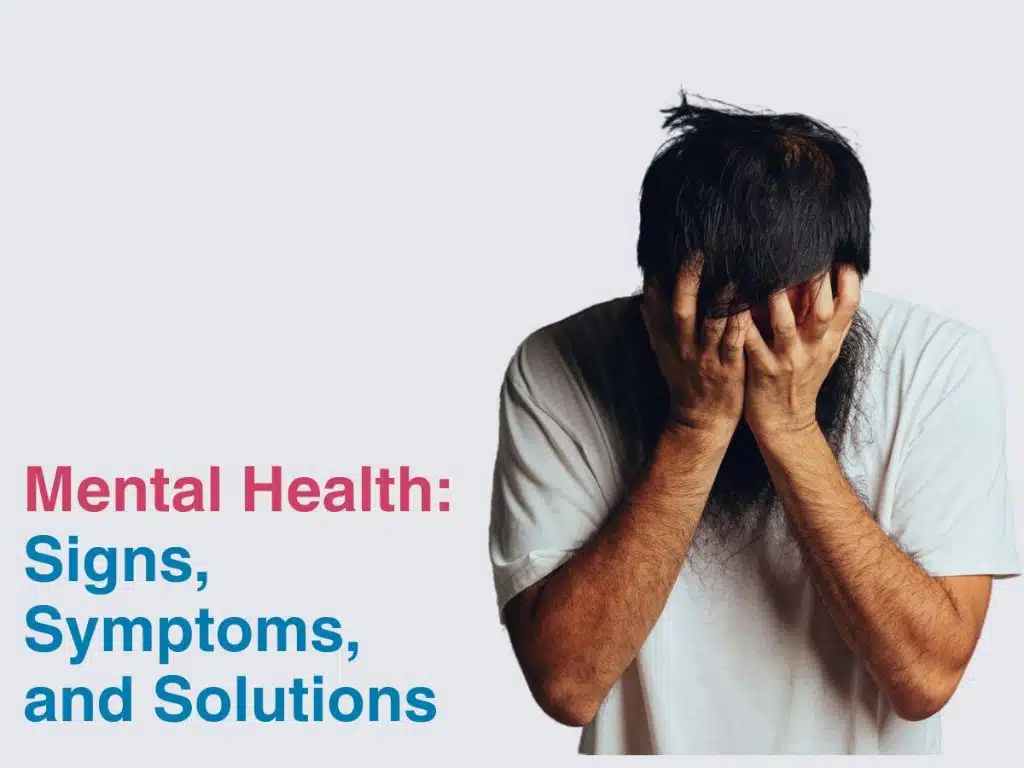
Allopathy and Homeopathy: A Comparative Analysis
Modern medicine has evolved into various systems of treatment, each based on distinct principles and methodologies. Among these, allopathy and homeopathy stand out as two contrasting approaches to healing. While both aim to alleviate human suffering and restore health, they differ fundamentally in their underlying philosophy, treatment methods, efficacy, and acceptance within the medical community. Understanding these differences can provide clarity for individuals seeking the most suitable treatment options for their health conditions.
Origins and Principles
Allopathy, commonly referred to as conventional or modern medicine, is the dominant system of healthcare worldwide. The term “allopathy” was coined by Samuel Hahnemann, the founder of homeopathy, to describe the mainstream medical practices of his time. Allopathy is based on the principle of treating diseases by using remedies that produce effects opposite to the symptoms of the disease. This approach follows the biomedical model, which relies on scientific research, clinical trials, and empirical evidence to develop treatments.
Homeopathy, on the other hand, was founded by Samuel Hahnemann in the late 18th century. It is based on the principle of “like cures like,” which suggests that substances causing symptoms in a healthy person can be used in highly diluted forms to treat similar symptoms in a sick person. Another key concept in homeopathy is the process of potentization, where substances are diluted and vigorously shaken (succussion) to enhance their healing properties. Homeopaths believe that this process stimulates the body’s vital force, promoting natural healing.
Treatment Approaches
Allopathy uses a wide range of treatment modalities, including pharmaceutical drugs, surgery, radiation therapy, and other medical interventions. It employs diagnostic tools such as blood tests, imaging techniques (X-rays, MRIs, CT scans), and biopsies to accurately diagnose diseases. Treatments are designed to target the underlying cause of illness, often by eliminating pathogens, reducing inflammation, or modulating physiological functions. For instance, antibiotics kill bacteria, antihypertensive drugs lower blood pressure, and pain relievers reduce discomfort.
Homeopathy, in contrast, takes a holistic approach to treatment, considering physical, emotional, and psychological factors when prescribing remedies. Homeopathic medicines are prepared from natural substances derived from plants, minerals, or animals. They undergo extreme dilution, often to the point where no molecules of the original substance remain. Despite this, homeopaths believe that the energetic imprint of the substance remains and has therapeutic effects. Remedies are selected based on the principle of symptom similarity, meaning that two individuals with the same disease may receive different treatments depending on their unique symptoms and constitution.
Efficacy and Scientific Validity
Allopathic medicine is backed by extensive scientific research, clinical trials, and evidence-based practices. Regulatory bodies such as the FDA (Food and Drug Administration) and WHO (World Health Organization) oversee the development and approval of drugs and treatments to ensure their safety and efficacy. Allopathic treatments are particularly effective in managing acute and life-threatening conditions such as infections, heart attacks, and organ failure. The advancements in medical technology and pharmacology have significantly improved the diagnosis and treatment of various diseases, increasing life expectancy and quality of life.
Homeopathy, however, remains a controversial medical system due to the lack of scientific evidence supporting its mechanism of action. Critics argue that homeopathic remedies are often indistinguishable from placebos, as their extreme dilution leaves no trace of the active ingredient. Systematic reviews and meta-analyses of clinical trials have found little to no reliable evidence that homeopathy is effective beyond a placebo effect. Despite this, homeopathy has a strong following and is widely used for chronic conditions, allergies, and minor ailments. Some patients report positive experiences with homeopathic treatments, attributing their recovery to the personalized and holistic nature of the therapy.
Safety and Side Effects
Allopathic medicine, while effective, can sometimes cause side effects and adverse reactions. Many pharmaceutical drugs have potential risks, including allergic reactions, gastrointestinal issues, and dependency. The misuse or overuse of antibiotics has led to antibiotic resistance, a significant global health concern. Additionally, invasive procedures such as surgeries carry risks of complications and infections. However, allopathic medicine continuously evolves, with rigorous research aimed at minimizing risks and improving patient outcomes.
Homeopathy is generally considered safe due to the extreme dilution of its remedies, which minimizes the risk of toxicity or side effects. However, one of the major concerns with homeopathy is the delay in seeking conventional treatment for serious conditions. Some patients opt for homeopathic remedies instead of allopathic interventions for severe illnesses such as cancer or infections, potentially leading to harmful consequences. Furthermore, since homeopathic medicines are not strictly regulated in many countries, there is a risk of contamination or mislabeling in commercially available products.
Acceptance and Global Recognition
Allopathic medicine is widely accepted and practiced worldwide. It is the foundation of modern healthcare systems, with medical professionals undergoing extensive education and training in universities and hospitals. Governments and health organizations invest heavily in allopathic research, infrastructure, and pharmaceutical development, ensuring widespread access to medical care.
Homeopathy, while popular in some regions, especially in Europe and India, is not universally recognized as a legitimate medical practice. Some countries regulate homeopathy as a complementary or alternative medicine, while others consider it pseudoscience. In recent years, there has been growing skepticism regarding homeopathy’s effectiveness, leading some governments to reduce funding or remove homeopathic treatments from public healthcare services. Despite this, many people continue to use homeopathy as a supplementary therapy alongside conventional medicine.
Cost and Accessibility
Allopathic medicine can be expensive, particularly for advanced treatments, specialized surgeries, and patented medications. In countries without universal healthcare, medical expenses can be a significant financial burden on patients. However, insurance policies, government-funded healthcare systems, and generic drug alternatives help make allopathy more accessible to a broader population.
Homeopathy is generally more affordable than allopathic medicine, as its remedies are inexpensive and require minimal resources for production. Homeopathic consultations are also relatively lower in cost compared to specialist visits in allopathic medicine. This affordability makes homeopathy an attractive option for individuals seeking low-cost healthcare solutions. However, the lack of scientific backing and regulatory oversight raises concerns about its reliability.
Integration of Both Systems
In recent years, there has been a growing interest in integrating allopathy and homeopathy to provide a more comprehensive approach to healthcare. Many individuals adopt a complementary approach, using allopathy for acute and emergency conditions while turning to homeopathy for chronic diseases, stress management, and overall well-being. Some allopathic practitioners acknowledge the potential benefits of holistic approaches and encourage patients to explore alternative therapies as long as they do not interfere with essential medical treatments.



 DailyMediCure
DailyMediCure 














czkkbj